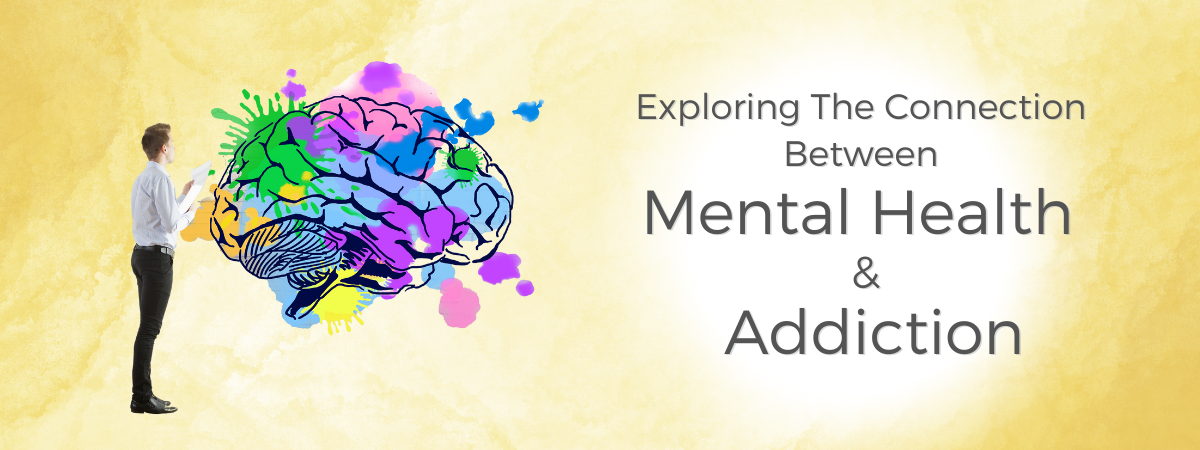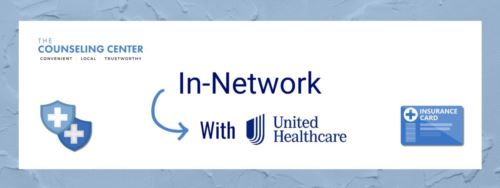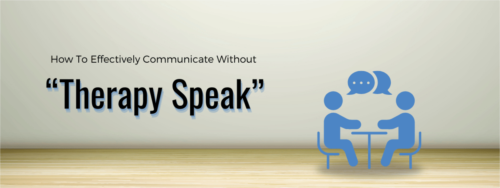

Is There A Connection Between Mental Health And Addiction Near Toms River?
Have you ever questioned what causes substance use disorders (SUD)? Understanding the answer could help us prevent and treat these disorders. Fortunately, current research is uncovering insights that elevate our understanding and enhance care. Recent studies have discovered a strong connection between substance use and mental illness. If you grapple with a SUD, you could also be dealing with a co-occurring mental disorder. By knowing this, you can pursue more worthwhile treatment that navigates mental health and addiction near Toms River.
What’s The Connection Between Mental Health And Substance Use Near Toms River?
In a recent report, the Substance Abuse and Mental Health Services Administration (SAMHSA) calculated that approximately 17 million adults in the United States experience both a mental illness and a SUD. They also learned that adults and teenagers with mental illnesses were more inclined to consume dependency-causing substances. This information indicates a strong connection between mental health and substance use in Toms River and throughout the country. But how do mental health disorders cause substance use?
How Does Mental Illness Cause Substance Use?
It’s no secret that mental disorders are typically hard to live with. If not addressed adequately, your disorder can have you feeling despondent, angry, frightened and confused. You could even feel some distressing physical symptoms. This is true whether you have been diagnosed with a mental illness or do not know you have one.
If a mental illness makes your life challenging, it’s understandable you may have been driven to consume habit-forming substances to manage. The chemicals in these substances cause you to feel better for a brief period. They may dull the pain you feel or initiate a “high” that feels good. Under their influence, you could feel more normal and functional.
When you consume habit-forming substances to manage the symptoms of a mental health condition, it is called self-medicating. You might utilize these substances to feel temporarily happier, more energetic, or less troubled. You may also use them to relieve physical aches and pains. Self-medication involves utilizing substances not prescribed by a physician, such as illicit drugs or alcohol, as well as overusing or misusing prescription medications.
Self-medication often starts inadvertently. Overindulging in alcohol or misusing drugs may seem like an escape and a way of coping with reality. Unfortunately, it’s difficult to cease ingesting something that leaves you feeling better. Your body and brain become dependent on those chemicals, and you can’t function without them. What follows is an endless loop of self-medication that can spiral beyond your control and produce harmful and hazardous behaviors.
Grasping the origin of your substance use gives you a a place to start your recovery. Once you understand that mental illness resides at the foundation of your substance use, you can manage both and have a better opportunity for recovery.
Can Substance Use Affect Mental Health Too?
The impacts of mental disorders and substance use disorders are often cyclical. The chemicals in dependency-causing substances change neural pathways. They can trigger or aggravate mental illnesses. The distress of losing your life to addiction may also trigger mental health concerns like anxiety and depression. In return, you may rely on addictive substances even more to manage, and the cycle repeats.
Why Manage Mental Health And Addiction Together?
Facing a substance use and mental health disorder may feel intimidating, even insurmountable. But getting to the cause of your substance use is vital for long-term recovery. Once you understand what co-occurring disorder precipitated your drug or alcohol use, you have an excellent foundation for treatment. Managing mental illness with individual therapy and medication places you in a better frame of mind for refraining from addictive substances. Various skills you work on in therapy for managing mental health will help you remain sober, too. You’ll enjoy more success managing your addiction when you improve any core mental health issues first.
Find Treatment For Substance Use Disorders And Mental Illness Near Toms River
If you are facing co-occurring addiction and mental health conditions, The Counseling Center At Toms River, NJ can guide you. Our expert staff are equipped to help you manage the obstacles you experience with research-backed treatment. Dial 732-605-6364 or submit our contact form to speak with someone immediately about our intake process.



